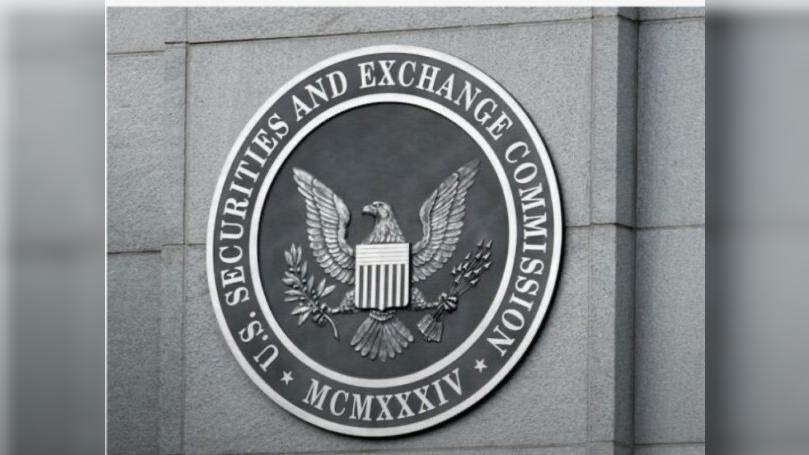A recent ruling by the 5th U.S. Circuit Court of Appeals has struck down controversial rules proposed by the Securities and Exchange Commission (SEC) that mandated diversity quotas for corporate boards. The court determined that the SEC lacked the necessary authority to enforce such requirements, labelling them as overreach. Stefan Padfield of the Free Enterprise Project expressed gratitude for the court’s decision, noting it aligns with the public sentiment against government-imposed identity politics and social engineering initiatives that have gained traction in recent years. The decision reinforces a growing legal narrative emphasizing the constraints of agency authority in regulatory matters, especially concerning complex social issues.
The legal challenge was spearheaded by the New Civil Liberties Alliance on behalf of both the National Center for Public Policy Research’s Free Enterprise Project and the Alliance for Fair Board Recruitment. The court’s ruling unequivocally states that the rules enacted by the SEC, including quotas based on race, gender, and sexual orientation for corporate boards, are devoid of any linkage to the SEC Act of 1934’s objectives. The ruling highlights that the SEC can only endorse disclosure rules that are tied to a clearly defined purpose of the Act, and that demographic diversity does not meet this criterion.
Judge Andrew S. Oldham, who authored the decision, articulated that the SEC had waded into “territory far outside its ordinary domain.” The ruling scrutinized Nasdaq’s claims, suggesting there was insufficient empirical backing to support any correlation between a diverse board’s composition and the overall quality or effectiveness of corporate governance. Consequently, the court concluded that disclosure rules regarding board diversity do not align with the Act’s foundational intentions.
The court’s ruling further argued that the SEC had failed to provide a legitimate rationale connecting demographic characteristics such as race, gender, and sexual orientation with corporate performance or investor outcomes. Moreover, the ruling criticized the SEC for approving rules that infringe upon the established guidelines of the Securities Exchange Act. Counsel Peggy Little emphasized that the court adhered closely to the literal text of the Exchange Act and its amendments, affirming that Congress had never conferred the SEC with such sweeping powers to enforce social quotas.
Mark Chenoweth, chief of the New Civil Liberties Alliance, reiterated this view, stating that the 5th Circuit’s ruling serves as a critical check on the SEC’s reach, reinforcing that Congress did not empower the SEC to create or enforce disclosure rules beyond the Act’s parameters. The court’s judgment served as a reminder for regulatory bodies to adhere to their prescribed functions rather than venturing into social policies that stem from political or ideological pressures.
Lastly, the ruling carries significant implications for the ongoing discourse surrounding corporate governance and diversity in leadership roles within companies. The rejection of the SEC’s rules comes amid a broader political reorganization following the anticipated transition of power in Washington, where discussions around “woke” ideology and its impact on regulatory practices are surfacing prominently. With incoming leadership, including potential nominations focused on overturning progressive policies, the landscape of corporate regulation may see key shifts as agencies recalibrate their focus towards their original mandates rather than social agendas.

